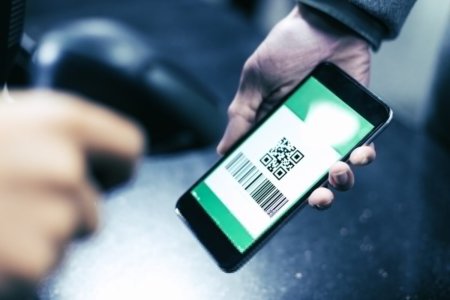
Though credit cards are typically for working adults, they are important for anyone living overseas. For one, it comes in handy for emergency payments. With an international student credit card, you can begin to build a strong credit rating, which is necessary if you plan to settle abroad after studying. Plus, you could get discounts, rewards, and rebates. So as you’re preparing for your study abroad journey, you may be wondering: Can international students get credit cards, and how do I go about it?
Well, the good news is banks in major education hubs around the world have options and packages catered to international students just like you. Be sure to do extensive research on the prerequisites and benefits of each; compare interest rates and withdrawal fees, and ask your seniors about their experience with their banks. Of course, it’s best to obtain a supplementary card under your parents from American Express, MasterCard, or an international bank back home. If that’s not an option for you, we’ve compiled pointers on getting an international student credit card in the US, Canada, Australia, and the UK.

Your best bet would be to obtain a supplementary card under a parent, from an international bank. If you’ve not managed to, there are still other options. Source: Pexels
US
You will need a Social Security Number (SSN) to apply for a credit card with most American banks. Thankfully, anyone with an F-1, M-1, or J-1 student visa can legally work in the US, which means you can get an SSN even if working part-time or on campus. Alternatively, some banks allow applicants to use their individual taxpayer identification number (ITIN) instead of SSN.
At the same time, Bank of America, Discover, Capital One, Deserve, and Citibank all offer international student credit card options with varying perks. Note that some banks offer a secured credit card to begin, which requires you to deposit the amount of money you will use as a credit line. You may reapply for a credit card once you build a strong history on your secured credit card, which typically takes six to 12 months.
Canada
The big five banks in Canada — RBC, BMO, CIBC, TD Canada Trust and Scotiabank — all have packages for international students, which include a secured credit card, at least. For example, the CIBC card encourages you to build your credit history while you’re studying. Therefore, you will not need to pay a security deposit or prove your income history. It is even tailored with perks that would be attractive to the average students, such as travel and cashback rewards.
UK
Though there are credit cards for international students in the UK, certain banks need to see some sort of credit history. It helps if you can prove this with a card from your home country, or if you apply for a credit card with a bank where you already have a registered account. Otherwise, look for limited credit cards targeted at university students.
Australia
Several Australian banks offer international student credit cards to those enrolled full-time in TAFE or university. You would need to prove your current visa status and banking history, so you must have an Australian bank account to apply. Naturally, you have a higher chance to succeed in your application if you are employed. Some banks even require a minimum income to apply for an international student credit card. These banks may consider your Youth Allowance or Austudy as income.
Now that you’re on your way to owning a credit card, financial literacy is crucial. Settle your payments on time, keep to a budget, and only use your card when necessary. After all, owning a credit card is not just a luxury, it’s also a responsibility.










